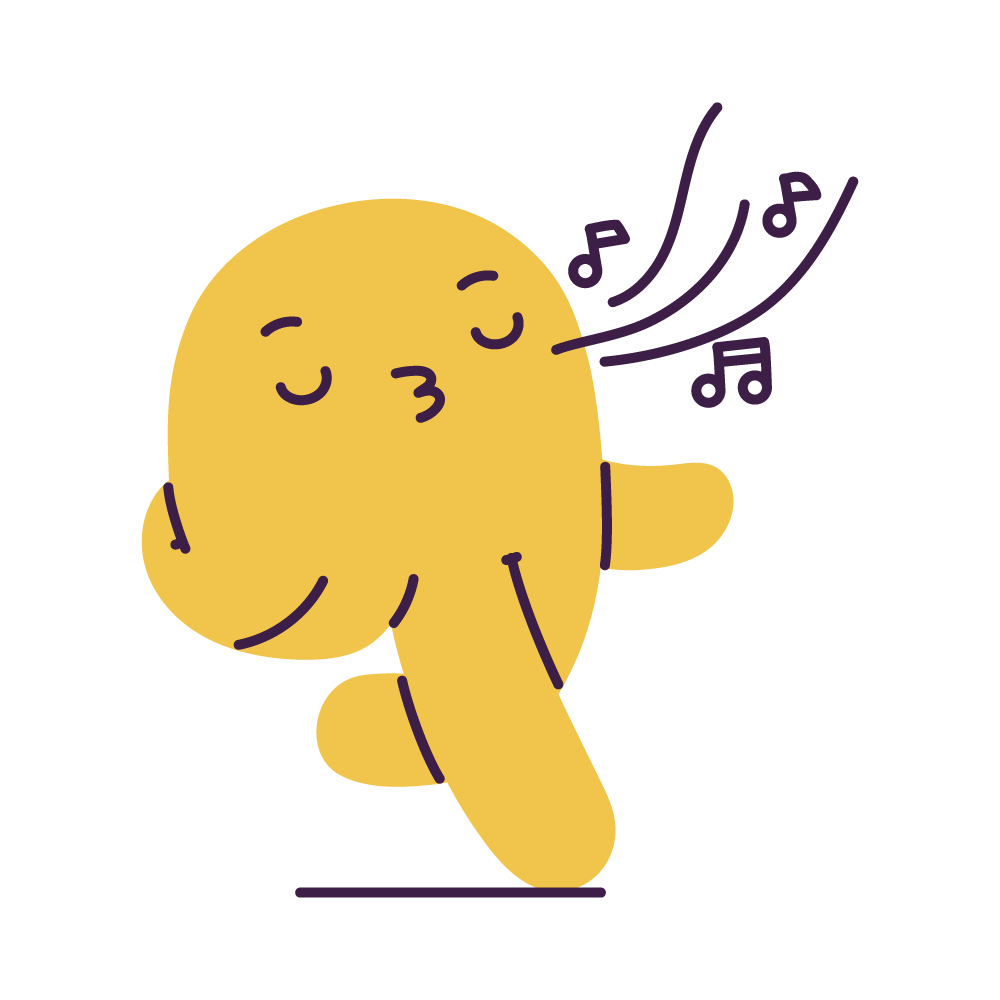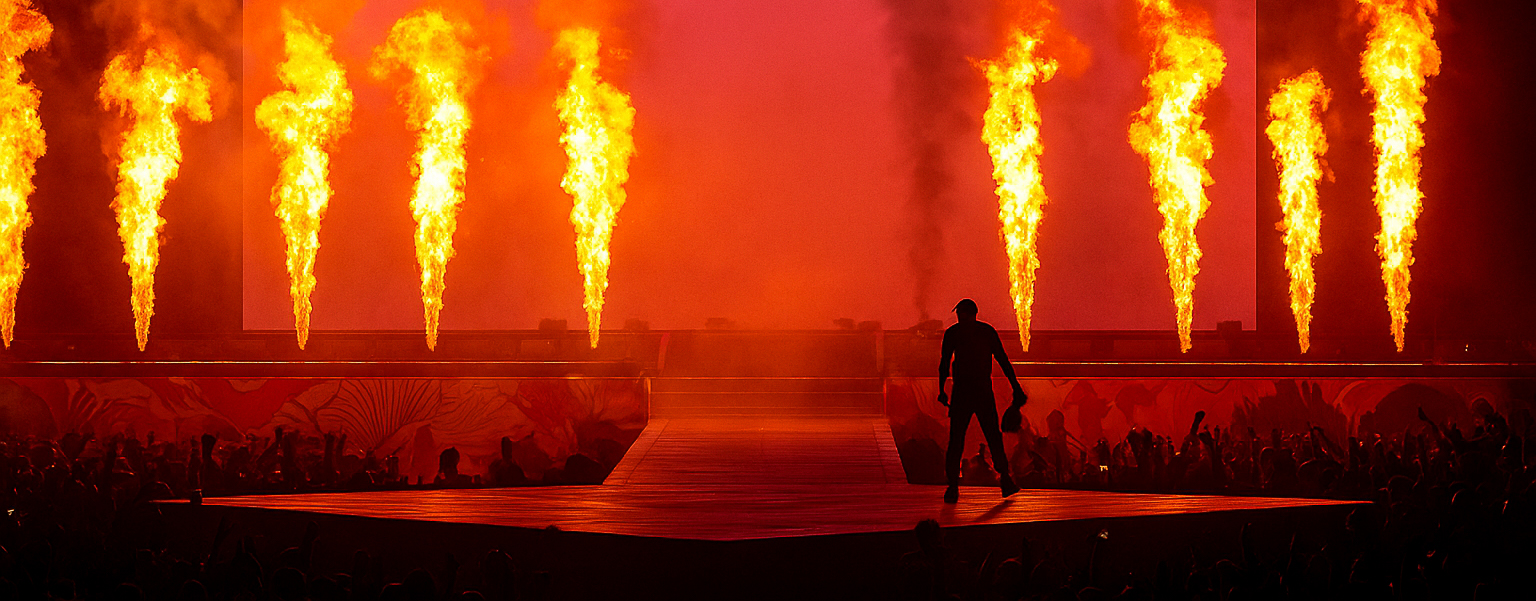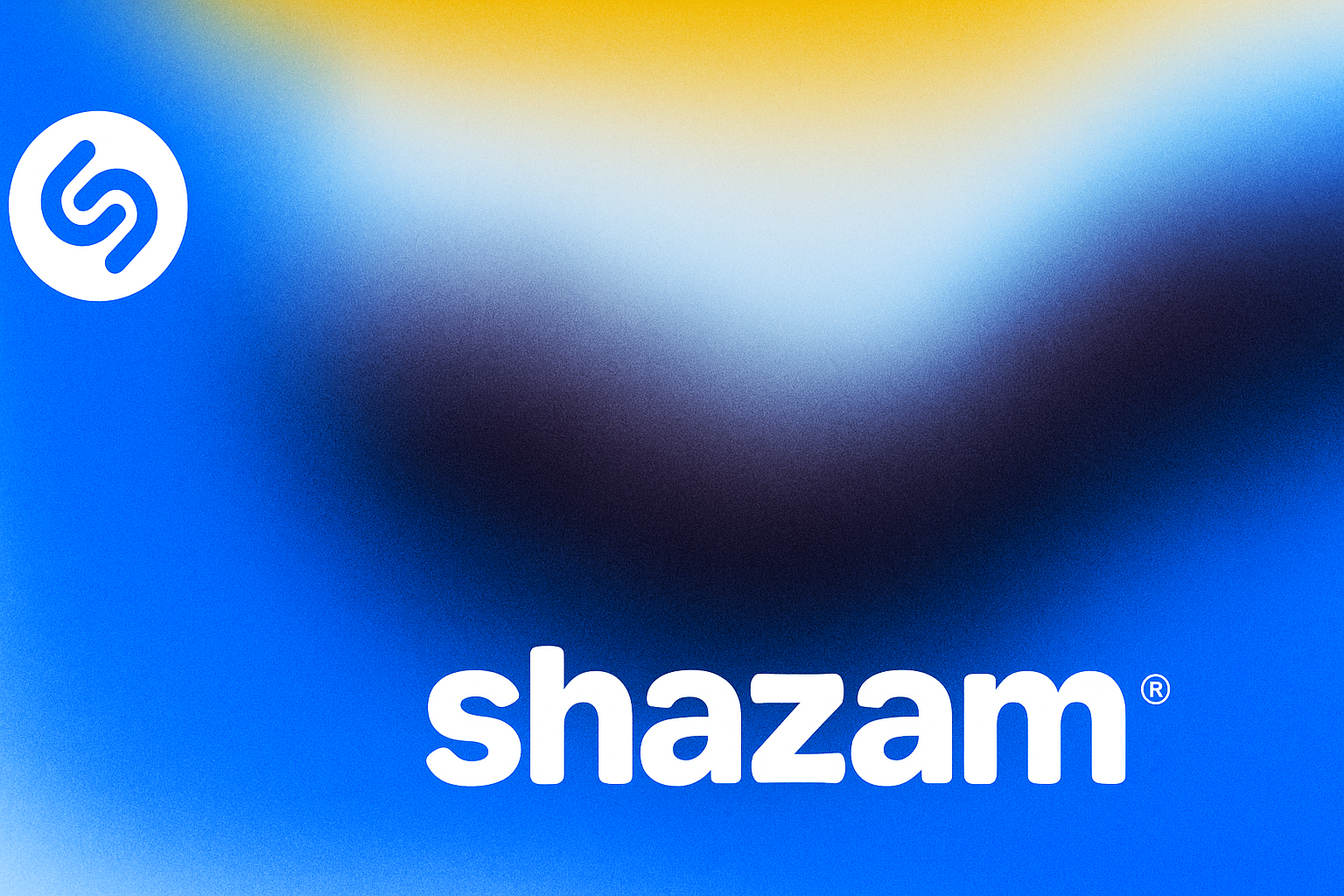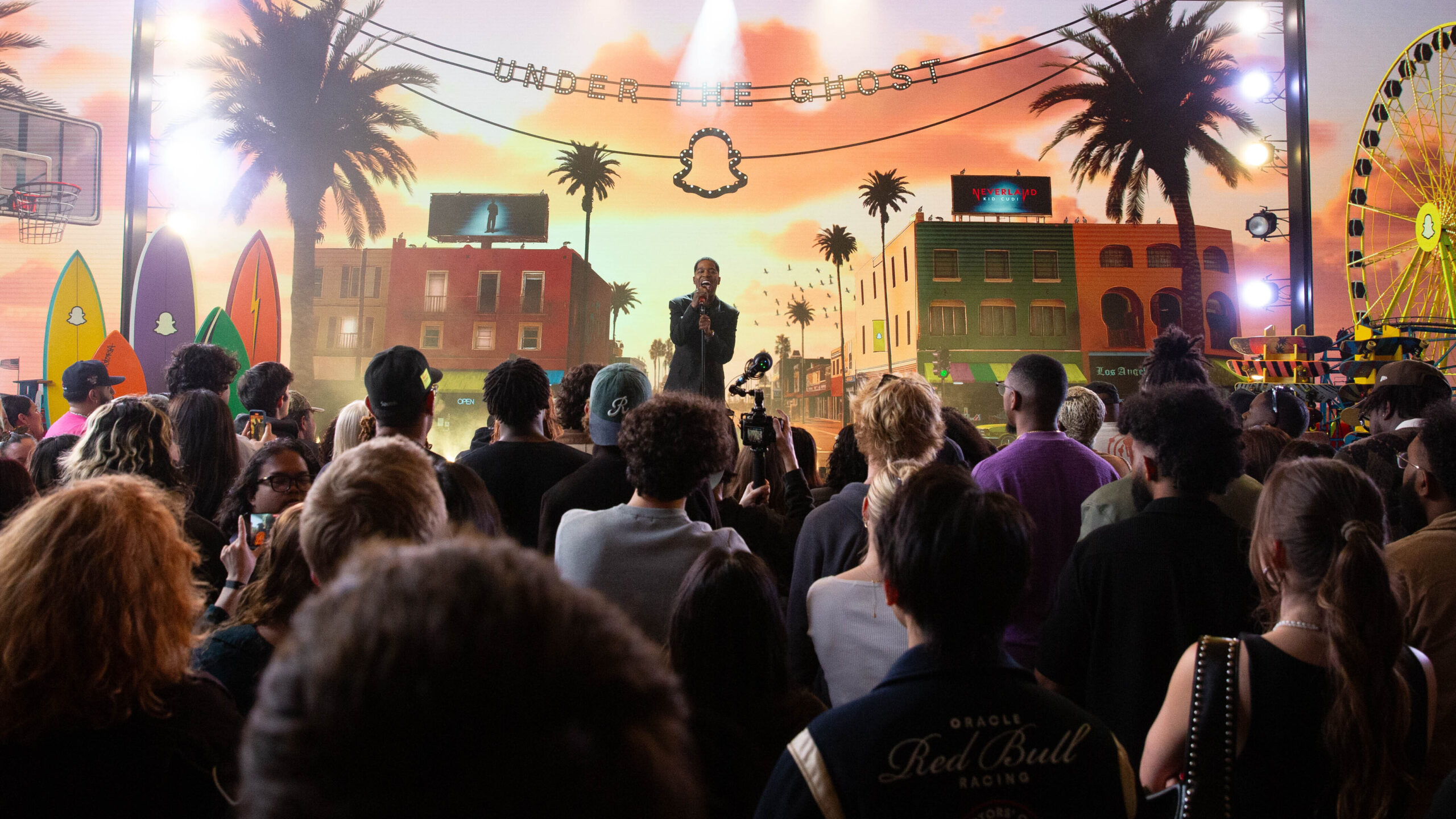They are everywhere on social media: lately, we have noticed the emergence of many covers of famous songs by world famous artists. Their particularity? None of these artists have really covered these songs: they are all the result of an artificial intelligence able to recreate the artists’ voices and transpose them to create these famous covers.
Between creativity, progress, but also questions of intellectual property, would AI be the future of music or a real problem for artists?
AI generated music: how does it work?
Today, several platforms such as AIVA, Soundful or Boomy allow the generation of music thanks to artificial intelligence. These applications give the possibility to create brand new music, and to put them online on different streaming platforms, like Spotify.
All these AI music generators use algorithms to generate music. These algorithms are based on existing music, which can then recreate a new track similar to it. Users can create music, remix or rework a track, for example. When generating music, users can then make their own adjustments until they get what they want. The tracks thus created can then be used to feed the database of the platforms’ algorithm.
The limit of creation is however in the very principle of the functioning of these platforms: they rely on already existing music. In order to create a cover version of a song as mentioned above, the song should be famous enough, but also the artist whose voice you want to use should be famous too, in order to get a result close to reality.
And this, many have understood it: the number of covers generated by AI and published on social media in recent weeks has exploded! “Die for You” (The Weeknd) covered with Michael Jackson’s voice, “Video Games” (Lana Del Rey) sung by Lady Gaga’s voice, or “Just The Two Of Us” (Grover Washington, Jr.) interpreted by Kanye West’s voice… The possibilities and combinations of genres, artists, and eras are infinite but still sound so realistic when you listen to them.
Great news for artists
If there is anything that these AI music generators can support, it is creativity. This is a real boon for artists, as they can now use artificial intelligence to create unique tracks and bring original projects to life effortlessly.
One example is the French-American duo AllttA and their track featuring Jay-Z… but in an artificial way. The duo produced the track “Savages“, generated with the voice of the famous American rapper thanks to an AI. Result of a unique experimentation, but extremely realistic to say the least. A real communication blow for the duo with its 200 000 views in 6 days, the track is available on YouTube but is not officially released on their album, for obvious reasons of intellectual property.
The use of artificial intelligence in music could thus be very interesting for the future of the music industry and is already transforming the way artists create and produce their music.
“Artificial intelligence may allow for a new business model in music, but without a legal framework this is not possible” explains 20syl, producer of the duo AllttA. So what about the possible drifts of these creations and the potential use of another artist’s voice without his consent?
Intellectual property and copyrights issues
Major labels are however finding real problems with these solutions using the voices of their most famous artists.
To protect the rights of their artists, Universal has come forward to remove from the platforms an original track called “Heart On My Sleeve” produced with artificial intelligence and featuring the voices of Drake and The Weeknd. Prior to its takedown, the track had notably reached nearly 15 million views on TikTok, over 600,000 streams on Spotify, and over 250,000 views on YouTube.
The issue here is the ability for anyone to upload an AI-generated track on the platforms, and with any artist’s voice without their consent. “Heart On My Sleeve” is obviously not the only track that artificially reproduces the voices of well-known artists and that is available on the platforms: many others exist, and major labels must be vigilant about their presence.
“These cases demonstrate why platforms have a fundamental legal and ethical responsibility to prevent the use of their services in ways that harm artists. We are encouraged by our partners’ engagement on these issues, as they recognize that they must be part of the solution” says Universal’s spokesperson.
A parallel can be drawn with the Deep Face technology, developed by Facebook a few years ago. This system, powered by artificial intelligence, offers facial recognition on images posted on the Internet. The software had raised real concerns in terms of privacy on social media, and Facebook had to delete the face scan data of more than one billion users.
Therefore, artificial intelligence is full of potential for the future but its use is not without risks. In any case, it is certain that its introduction in the music industry will radically change the codes, and its evolution is yet to be followed.
So, what do we think?



